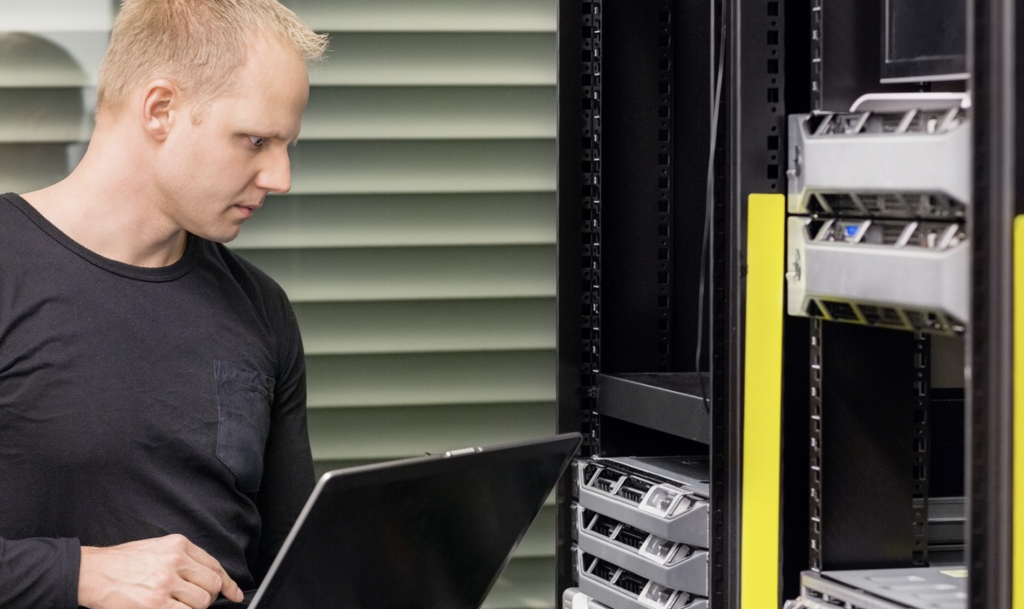A data center is a facility used to house computer systems and associated components, such as telecommunications and storage systems. In the context of big data, data centers are critical infrastructure that enable companies to capture, process, and store large volumes of data.
The use of big data has exploded in recent years, as businesses have come to understand the value of analyzing large datasets to gain insights that can help them improve their operations. As more and more businesses move to capitalize on big data, the demand for data center space has increased dramatically. This has led to a corresponding increase in the cost of leasing or purchasing space in a data center.
The different types of data centers
There are three primary types of data centers: commercial, enterprise, and government.
Commercial data centers are the most common type. They are operated by private companies and cater to the needs of businesses. Commercial data centers are typically large and expensive, and offer a wide range of services, including colocation, hosting, and cloud computing.
Enterprise data centers are operated by businesses for their own use. They are typically smaller than commercial data centers and offer fewer services. However, they often have more stringent security requirements and offer a higher level of customization.
Government data centers are operated by government agencies to meet their specific needs. They vary significantly in size and scope, but typically offer a wide range of services, including hosting, cloud computing, and data warehousing.
How data centers work
The inside of a data center is a hive of activity. racks upon racks of servers are humming away, and miles of cabling snake through the facility. But how does all this machinery work?
Servers
The heart of a data center is the server. Servers are essentially powerful computers that store and process data. They come in a variety of shapes and sizes, but all servers have two important components: a motherboard and a CPU.
The motherboard is the main circuit board in a server and is responsible for connecting all the different parts of the server together. The CPU is the brains of the server and is responsible for processing data.
Racks
Servers are usually housed in racks. A rack is a metal frame that holds multiple servers. Racks allow servers to be organized and accessed easily, and they also help to cool the servers by providing air ventilation.
Cabling
Servers need to be connected to each other and to other devices, such as storage systems and telecommunications systems, with cabling. Cabling can be either copper or fiber optic. Copper cabling is less expensive but less reliable than fiber optic cabling.
Factors to consider when choosing a data center
When choosing a data center provider like Ascendant Technologies, there are several factors to consider:
Size
The first thing to consider is the size of the data center. The bigger the data center, the more space and services you will have access to. However, bigger data centers tend to be more expensive.
Location
Another thing to consider is the location of the data center. You should choose a data center that is close to your office or your customers. This will minimize the amount of time it takes for data to travel between the two locations.
Services
Data centers offer a variety of services, such as colocation, hosting, and cloud computing. You should choose a data center that offers the services that you need.
Security
You should also consider the security of the data center. The more secure a data center is, the better protected your data will be.
Conclusion
Data centers are an essential part of doing business in the digital age. They provide a space for businesses to store and process their data, and they can help improve business operations. There are three primary types of data centers: commercial, enterprise, and government. Commercial data centers are the most common type and cater to the needs of businesses. Enterprise data centers are operated by businesses for their own use, while government data centers are operated by government agencies.

